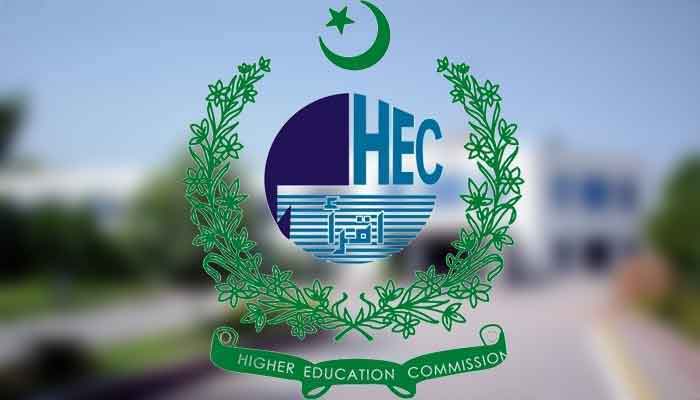Role of Islamic Microfinance Towards Achievement of Sustainable Development Goals: An Empirical Study of Women Enterprises in South Punjab, Pakistan
Keywords:
Sustainable Development Goals, Islamic Microfinance, Women empowerment, human capitalAbstract
Globally, gender discrimination is the major problem faced by women, it’s important to empower women for uplifting their status as recognized by Sustainable Development Goals. Microfinance is playing an important role in economic development and as a policy tool that allows greater financial autonomy for women. Islamic Microfinance institutions (MFIs) have mostly attentiveness to women beneficiaries and to reduce their level of poverty and to improve social status. This study explored the impact of Islamic microfinancing and women’s empowerment. Data was collected through a questionnaire by using the purposive sampling technique, 265 women were clients of Islamic-MFIs Akhuwat in South Punjab, Pakistan. The correlation and regression analysis were employed to examine the relationship through SPSS and Smart PLS-4 software. The result indicates that Islamic microfinance and human capital are playing an important role to improve the decision-making, living standard, household condition, family wellbeing and social status of women. This study captures limited responses from respondents due to COVID-19 and further study can be extended by incorporating more dimensions of women empowerment with increasing the sample size to get more significant results. This research suggests to the government, education institutes, NGOs, and policymakers that they emphasize women's welfare through the provision of interest-free loans, human capital and encourage them to participate in economic activities.
Downloads
Published
How to Cite
Issue
Section
License
Copyright (c) 2021 Journal of Contemporary Macroeconomic Issues

This work is licensed under a Creative Commons Attribution-ShareAlike 4.0 International License.







